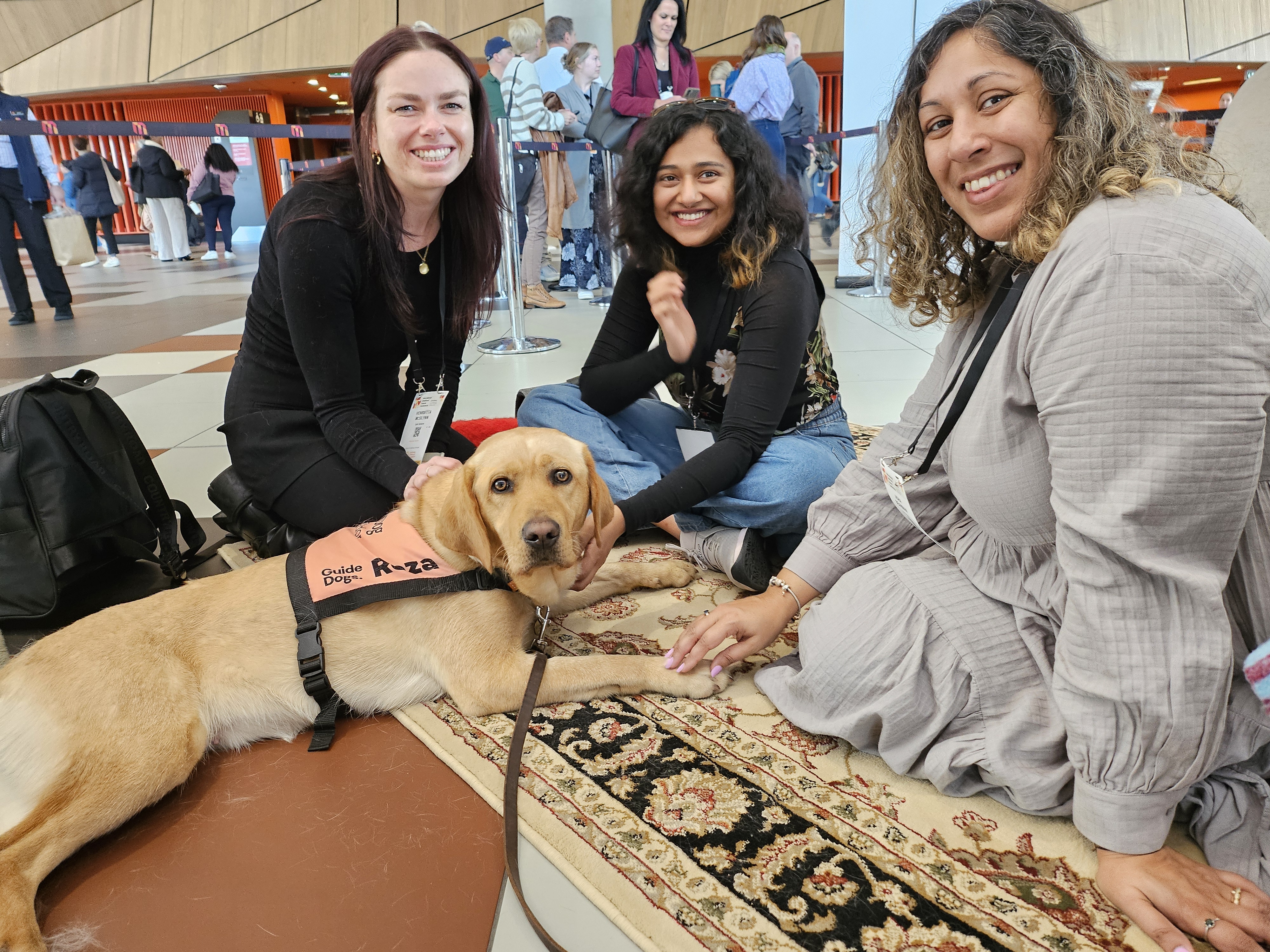Childhood Trauma Conference


In August, we sent a team to the International Childhood Trauma Conference in Melbourne. This was a great opportunity for practitioners to share practice, knowledge, and wisdom about how to transform the lives of those people who have experienced childhood trauma. From their experience, the team shared a few stories...
“The sessions on polyvagal theory and Dyadic Developmental Psychotherapy offered powerful ways of thinking about connection and regulation for children. They highlighted the importance of system work and culturally informed practice in the work we do. Hearing about people's lived experiences around immigration, adoption, and how this links back to trauma highlighted the depth of impact these journeys have on children and the importance of sensitive, attuned care, bringing an important perspective to consider in our clinical learning”.
“The conference offered learning across areas such as neurodivergence and trauma, applied polyvagal theory, expressive arts, grief, and the role of mindfulness and self-compassion in practice. I particularly appreciated the focus on moving from ‘head to heart’ - shifting from understanding trauma cognitively to engaging with clients in an embodied, relational way. The sessions reinforced the importance of modelling co-regulation, integrating somatic and creative approaches to support emotional regulation, and prioritising self-care to sustain our work”.
“The biggest learning from the conference for me is how trauma can impact your senses, namely the vestibular sense. Giving clients the knowledge about the impacts of childhood trauma and of polyvagal theory, helps clients to get insight into what is going on for them in their brain and nervous system and why they might respond the way they do. Once this knowledge is there, the work can now start on building safety for clients and their nervous system”.
“The conference offered a choice of interesting speakers presenting insightful work, and lived experience that I feel can only improve and enhance my clinical practice. I attended sessions around neurodivergence, lived experience and brain development. The main take away was the knowledge that many people across many different systems wanting better outcomes for children and adults who have experienced trauma, and that we should continue to collaborate and work together for positive outcomes”.
“The conference provided me with greater insights into the realities of our clinical work and the significant and lasting effects of childhood trauma. As a non-clinician working alongside a clinical team, this knowledge is vital in helping me to better support our clinicians, to effectively guide policy and system development, and to optimise our client care. The following quote from Conor Pall who shared his lived experience of family violence really summed it up, “because if we don’t change our practice to center children and young people, who will?”
